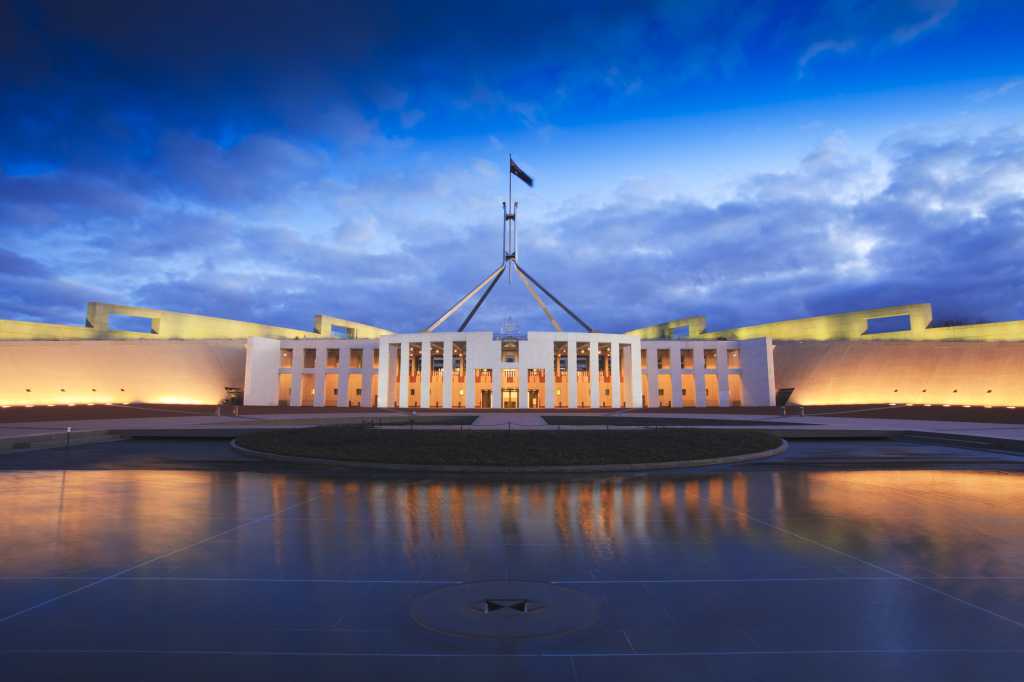Australian federal budget outlines investment in cybersecurity
by nlqip

Services Australia will get:
- $1.8 billion over three years to improve the cyber security environment and for additional frontline and service delivery staff to manage claims and to continue emergency response capability.
- $23.5 million over two years from 2024–25 to continue fraud investigation and response activities as part of the Fraud Fusion Taskforce.
- $46 million over two years to continue operating and improving the identity exchange that enables transactions across the Australian Government Digital ID System and perform the function of Digital ID System Administrator.
The Government is expanding the Digital ID System to provide a secure, convenient, voluntary and inclusive way for people to verify their identity online. Once a person has a Digital ID, they will no longer have to provide copies of their ID documents to businesses or the government to verify who they are, and businesses will no longer have to store this information reducing the risks and impacts of data breaches and cyber-attacks. More than 12 million Australians already have a myGovID.
“The proposed Digital ID rollout is — if executed well — a potent measure for curbing the impact of online fraud and identity theft. However, this is a largely reactive component of Australia’s ongoing cybersecurity strategy, and I fear that we are placing too little funding on proactive, preventative security measures,” Secure Code Warrior CEO Pieter Danhieux said in a statement.
Health and Aged Care Portfolio investment includes:
- $8 million over three years from 2024–25 to support the Australian Sports Foundation to complete technology upgrades, including enhancement of cyber security for the fundraising platform.
Furthermore, to try and get the National Disability Insurance Scheme NDIS back on track, the Australian government promised $160.7 million over four years from 2024–25, followed by $24.6 million per year on an ongoing basis to upgrade the NDIS Quality and Safeguards Commission’s information technology systems, to better protect the safety of NDIS participants, reduce regulatory burden on NDIS providers, and improve cyber security. There is also $83.9 million over two years — which started in the previous financial year — to boost fraud-detecting information technology systems at the National Disability Insurance Agency (NDIA) and to further safeguard the integrity of the NDIS.
Minister for Foreign Affairs Penny Wong said the budget “will ensure the security of our critical diplomatic network over the long term, including our resilience to cyber threats, by investing more than $227.8 million over the forward estimates in upgrading Australia’s communications infrastructure and overseas property.”
The government will also provide $4.2 million over four years from 2024 to 2025, followed by $900,000 per year ongoing, to establish a technology foreign interference taskforce, led by the Department of Home Affairs. This task force will work with Australia’s technology sector to protect sensitive and proprietary information from espionage, sabotage, and foreign interference. This cost will be met from within the existing resourcing of the Department of Home Affairs.
Source link
lol
Services Australia will get: $1.8 billion over three years to improve the cyber security environment and for additional frontline and service delivery staff to manage claims and to continue emergency response capability. $23.5 million over two years from 2024–25 to continue fraud investigation and response activities as part of the Fraud Fusion Taskforce. $46 million…
Recent Posts
- Arm To Seek Retrial In Qualcomm Case After Mixed Verdict
- Jury Sides With Qualcomm Over Arm In Case Related To Snapdragon X PC Chips
- Equinix Makes Dell AI Factory With Nvidia Available Through Partners
- AMD’s EPYC CPU Boss Seeks To Push Into SMB, Midmarket With Partners
- Fortinet Releases Security Updates for FortiManager | CISA
